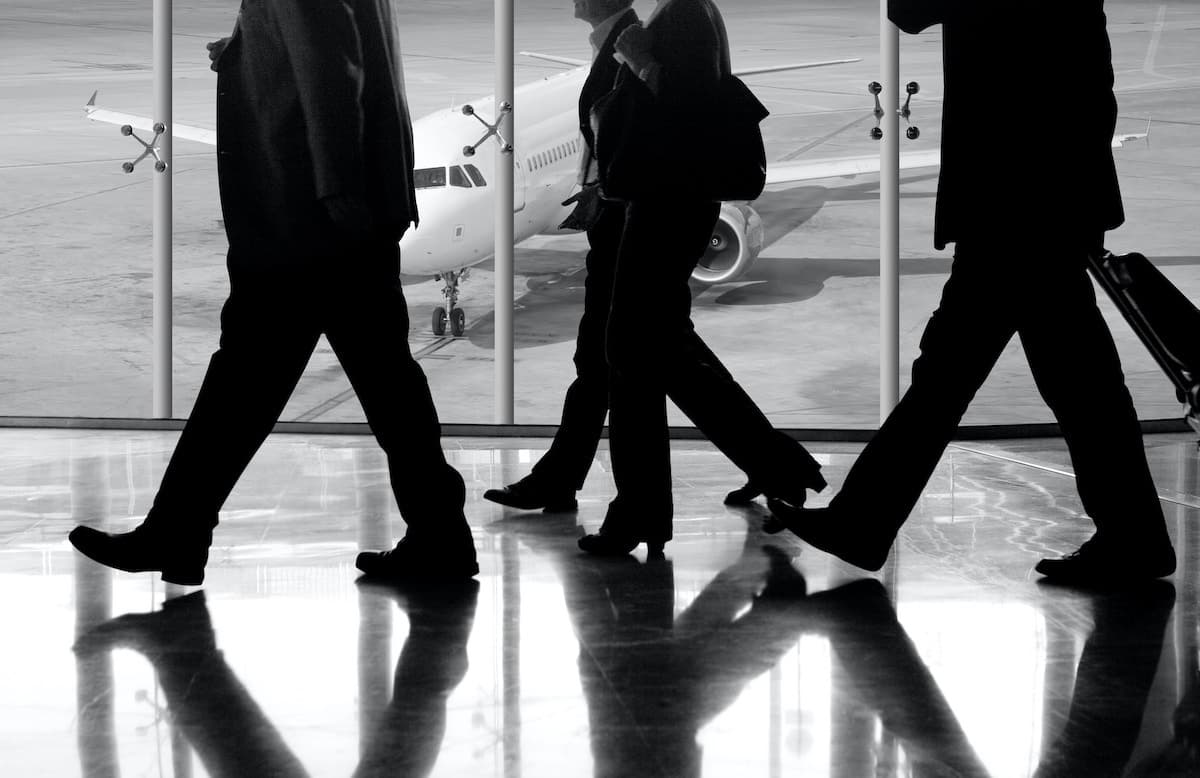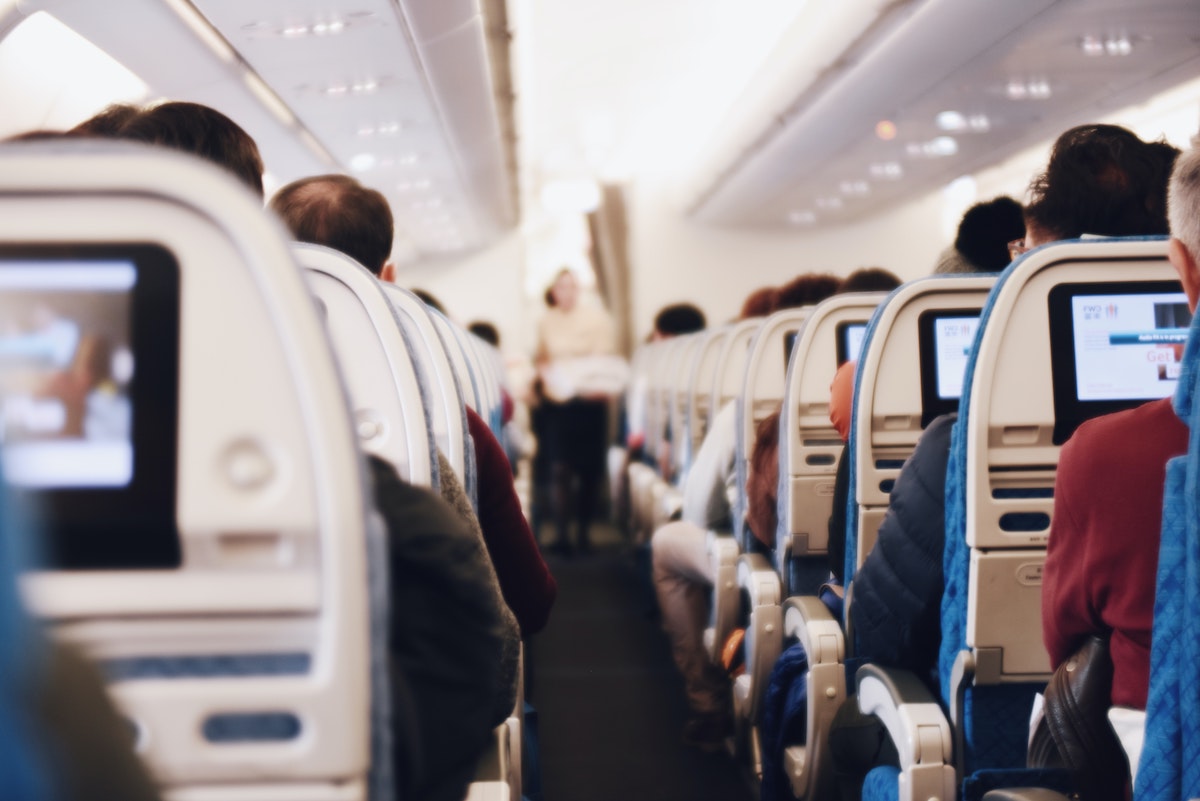In the rapidly evolving landscape of global business, the emphasis on sustainable practices has never been more critical. As we step into 2024, the concept of sustainable business travel takes center stage, reflecting a collective commitment to reducing our carbon footprint and promoting environmental stewardship while maintaining the essential flow of business operations. This blog explores the innovative strategies and practices that companies around the world are adopting to make business travel more sustainable.
From leveraging technology to minimize travel needs to investing in green transportation and supporting eco-friendly accommodations, we delve into how businesses are transforming travel policies to align with sustainability goals. Join us as we navigate through the practices that not only benefit our planet but also offer a blueprint for the future of responsible business travel.
The Importance of Sustainable Business Travel in 2024
In 2024, the corporate world is increasingly recognizing the critical importance of eco-friendly travel practices, driven by a global shift towards sustainability and corporate responsibility. As environmental concerns continue to take center stage, businesses are reevaluating their travel policies to align with green initiatives, understanding that sustainable travel practices are not only beneficial for the planet but also reflect positively on their brand image and stakeholder values.
This growing emphasis is catalyzing innovations in green transportation, eco-friendly accommodations, and virtual meeting technologies, marking a significant transformation in how corporate travel is approached. Companies are now seeing sustainable business travel as a key component of their overall sustainability strategy, aiming to reduce their carbon footprint, support environmental conservation, and contribute to a healthier planet for future generations.
Eco-Friendly Transportation Options
Eco-friendly transportation options are pivotal for your 2024 sustainable business travel, as they reduce the environmental impact of corporate mobility. As of 2024, businesses and travelers are increasingly turning towards greener alternatives that prioritize energy efficiency, lower carbon emissions, and reduced ecological footprints. Here’s a closer look at some of the sustainable modes of transportation reshaping business travel:

Electric Vehicles (EVs)
Electric vehicles have surged in popularity due to their zero tailpipe emissions and reduced dependency on fossil fuels. Companies are incorporating EVs into their corporate fleets, encouraging employees to use them for business travel. Charging infrastructure has also expanded, making EVs a convenient option for travelers.

Green Airlines
Airlines are adopting more sustainable practices, such as using biofuels, investing in more fuel-efficient aircraft, and implementing carbon offset programs. Green airlines are emerging, focusing on minimizing the environmental impact of air travel. Business travelers are encouraged to choose flights with airlines that demonstrate a commitment to sustainability.
High-Speed Rail
High-speed trains offer an efficient and eco-friendly alternative to air and road travel, particularly for short to medium distances. They emit significantly less carbon per passenger compared to planes and cars, making them a preferred choice for environmentally conscious businesses.
Biking and Walking
For short distances within cities, biking and walking not only reduce carbon emissions but also promote health and well-being. Many cities have developed extensive bike-sharing systems and pedestrian-friendly zones, making these options more accessible for business travelers.

Public Transportation
Utilizing buses, trams, and subways can significantly reduce the carbon footprint of business travel. Public transportation systems in many urban areas are becoming more efficient, cleaner, and more reliable, making them an attractive option for corporate travelers.
Car-Sharing and Ride-Sharing
Car-sharing and ride-sharing services offer flexible, cost-effective travel options while reducing the number of vehicles on the road. By choosing shared rides or electric vehicle options within these services, business travelers can further minimize their environmental impact.
Choosing Green Accommodation
Luckily for companies, the availability of green accommodations has increased as of late, increasing sustainable business travel. These eco-friendly options represent a harmonious blend of environmental responsibility, comfort, and convenience, catering to the discerning needs of modern travelers and companies alike.
Eco-certified hotels lead the charge, showcasing a commitment to sustainability through stringent standards in energy efficiency, water conservation, and waste reduction, often highlighted by their adoption of renewable energy sources.
Boutique eco-resorts offer a unique, intimate experience in pristine natural settings, emphasizing conservation and sustainable operation practices. For the budget-conscious, green hostels present an affordable solution, promoting energy savings and waste minimization. Eco-lodges and cabins, nestled in or near protected areas, provide immersive nature experiences with minimal ecological footprints.
Moreover, traditional business hotels are increasingly adopting green practices, offering efficient and sustainable amenities tailored to business travelers. Agritourism and farm stays introduce guests to sustainable agricultural practices and local living, while home-sharing rentals with green policies allow for a more personalized, eco-conscious stay.
Sustainable Travel Policies for Businesses
As businesses strive to align with global sustainability goals, integrating eco-conscious travel policies into their operations has become paramount. These guidelines serve as a blueprint for companies committed to reducing their environmental impact while fulfilling their travel needs.
- Select green transportation options, such as electric vehicles and eco-friendly airlines.
- Choose accommodations that adhere to sustainability practices.
- Implement carbon offset programs for unavoidable travel to support ecosystem conservation and restoration.
- Educate employees on the importance of sustainable travel practices.
- Encourage environmentally responsible choices during business trips.
- Foster a culture of sustainability that aligns with company values and global sustainability goals.
The Role of Travel Management Companies in Promoting Sustainability
Travel Management Companies (TMCs) play a pivotal role in promoting sustainability within the corporate travel sector. By integrating eco-friendly practices and options into their offerings, TMCs empower businesses to make more sustainable travel choices. They achieve this by providing access to green transportation options, eco-certified hotels, and carbon offset programs, making it easier for companies to adhere to their environmental commitments.
Furthermore, TMCs offer valuable insights and data on travel patterns, helping businesses identify opportunities to reduce their travel footprint, such as opting for virtual meetings when possible. Through strategic partnerships with sustainable service providers and continuous education on the importance of eco-conscious travel, TMCs are at the forefront of driving the shift towards more sustainable business travel practices, ensuring that companies can meet their corporate responsibilities while minimizing their environmental impact.
Help Your Company Travel Sustainably in 2024
As we navigate through the evolving landscape of 2024, the commitment to sustainable business travel practices has never been more essential. Embracing these practices is not just about reducing environmental impact but also about setting a new standard in corporate responsibility and innovation.
In this journey towards a more sustainable future, Worldgo stands ready to assist your company. With our expertise in eco-friendly travel solutions and a commitment to sustainability, Worldgo can help your business implement effective sustainable travel practices, ensuring that your travel policies align with environmental goals and corporate values.
Whether it’s through providing access to green transportation options, eco-certified accommodations, or guiding you in carbon offsetting initiatives, Worldgo is your ideal partner in crafting a travel program that meets the demands of 2024’s sustainable business landscape. Together, we can make sustainable business travel not just a policy but a core part of your company’s identity.














 A. User-friendly interface
A. User-friendly interface






